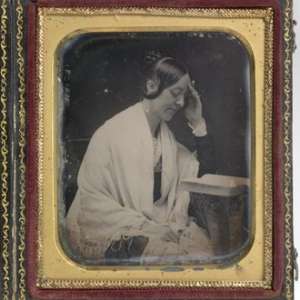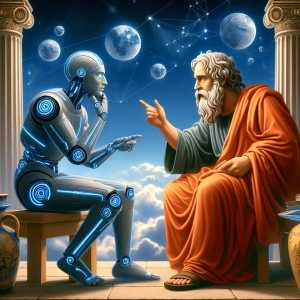He was diagnosed with amyotrophic lateral sclerosis or ALS in 1963 aged 21, and when he lost the use of his limbs, the scientist was forced to train his mind to work in a new way, visualising problems to reach a solution as opposed to writing them.
Some of his colleagues have suggested that this way of thinking led to his greatest discoveries and work with black holes.
He explored the idea of how humans might harness the time distorting properties of black holes in order to time travel during the Discovery Channel's 'Into the Universe with Stephen Hawking'.










































